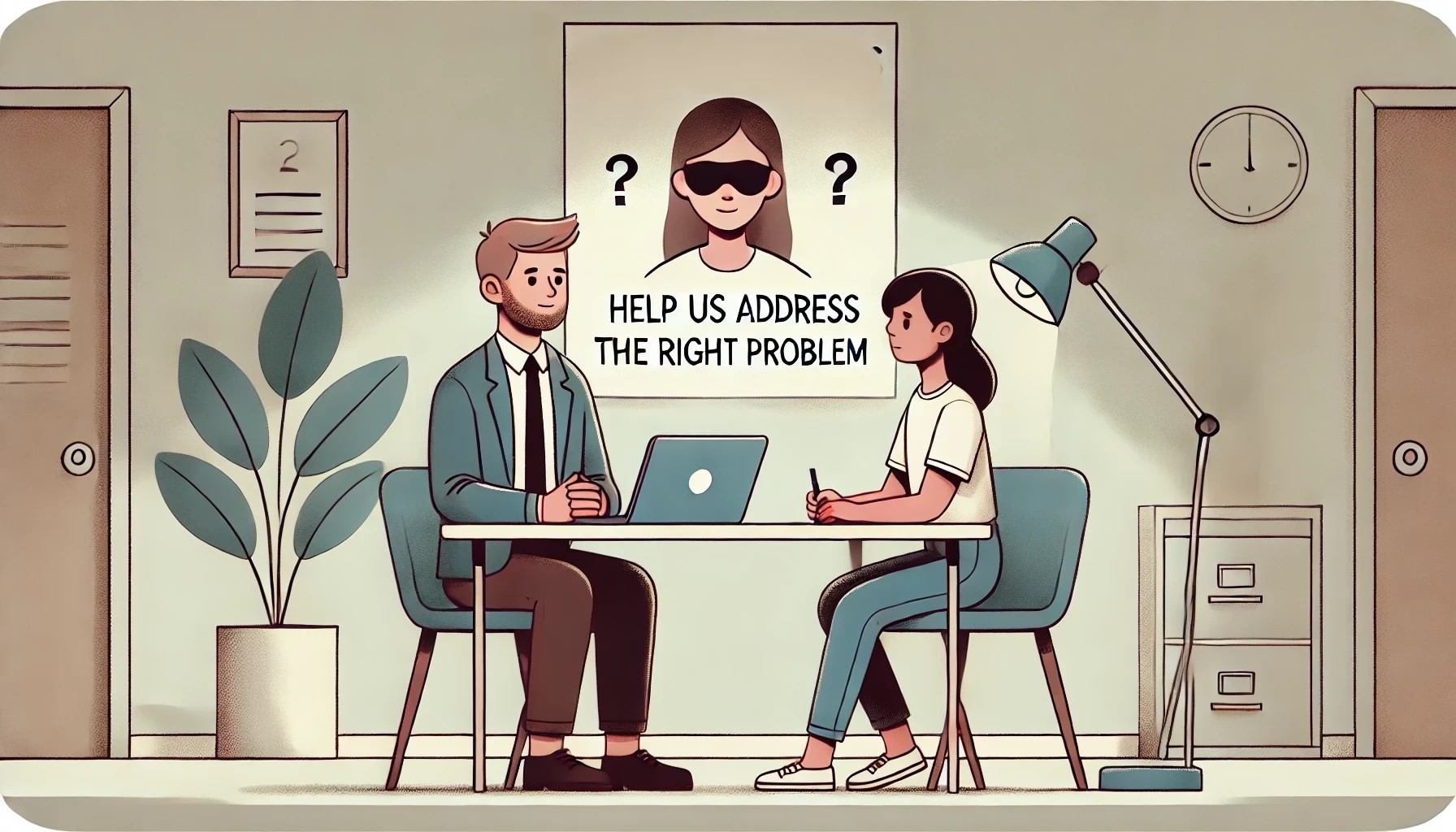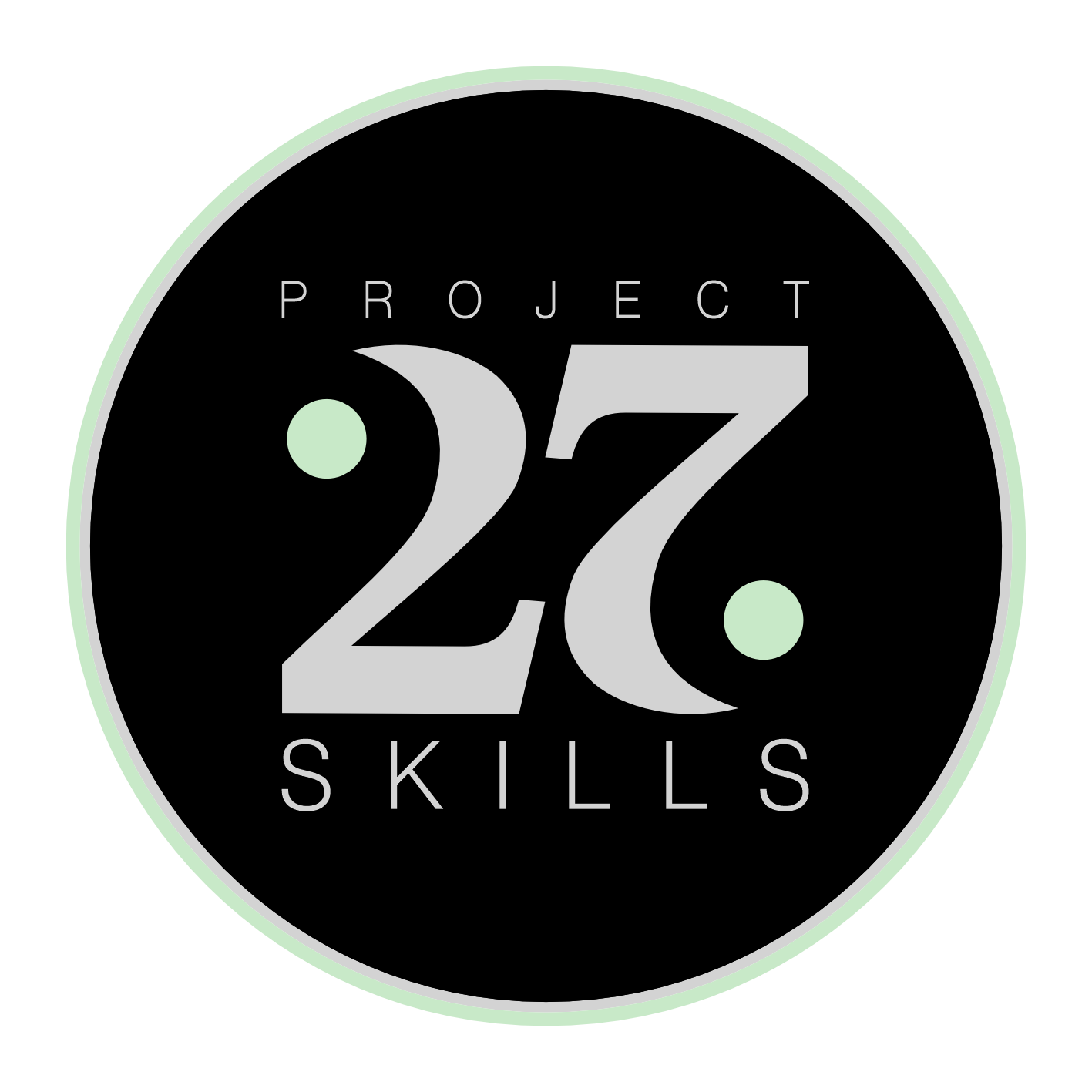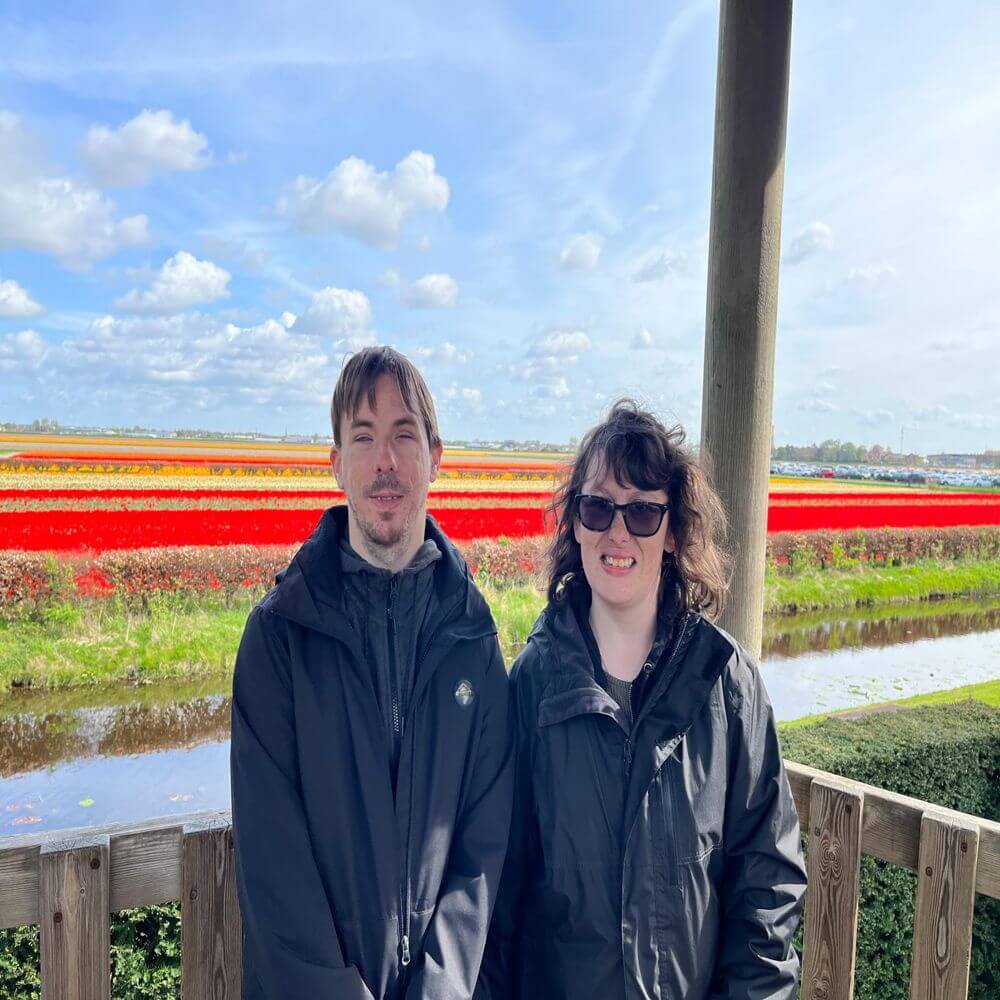Next: Ending the year with our inaugural advisory board meeting
In an exciting new development, our team has recruited Harpreet, a skilled industry professional, to help us improve our website. This initiative marks the beginning of a fruitful collaboration where we will not only benefit from Harpreet’s extensive experience and best practices but also engage in reverse mentoring, providing her with valuable insights into web accessibility considerations. Additionally, we have launched an extensive user research campaign aimed at designing services that truly make a difference for blind or learning disabled individuals. We offer three levels of engagement to ensure everyone has a chance to contribute.

Getting help with our website
In an era where digital accessibility is paramount, Project27 seeks to bridge gaps and foster inclusivity in the online space. Harpreet, an expert with a wealth of industry knowledge, has joined our team as a volunteer to enhance our website’s functionality and user experience. Her arrival heralds a new chapter of collaboration and mutual growth, as we engage in reverse mentoring. Harpreet will share her professional best practices, while we provide her with deeper insights into the nuances of web accessibility.
“Working with Harpreet is a fantastic opportunity for us,” - says Daniel, our Digital Skills team leader. “Her expertise is invaluable, and the reverse mentoring model allows us to share our knowledge on accessibility, ensuring that our and all other websites that Harpreet works with in the future becomes more user-friendly for all.”
Make your voice heard
Our commitment to improvement doesn’t stop there. Recognising the importance of understanding the needs and preferences of our users, we have embarked on an ambitious user research project. This research is crucial for designing and launching services that have a significant impact on blind or learning disabled individuals. We are also keen to support organisations that offer mentorship, skills development, and employment support services.
To achieve this, we have devised three distinct levels of engagement, ensuring that everyone can participate in a way that suits their availability and preference. The first level is a quick, couple of minutes task where participants help us define a problem statement. This brief interaction provides us with initial insights and helps steer our research in the right direction.
The second level involves a more detailed engagement—a one-hour, in-depth interview. During these sessions, we delve deeper into the experiences and challenges faced by our users, gaining valuable qualitative data that will inform our design decisions. These interviews are instrumental in understanding the specific needs and expectations of our target audience.
Finally, the third level of engagement is through surveys. These surveys are designed to gather comprehensive feedback from a broader audience, allowing us to identify trends and common issues. The quantitative data obtained from these surveys will complement the qualitative insights from interviews, providing a holistic view of the user experience.
We believe that by involving our users directly in the research process, we can develop services that are truly impactful and relevant. This user-centred approach ensures that the voices of blind or learning disabled individuals are heard and considered at every stage of the design and development process.
We invite you to participate in this crucial research. Your feedback is invaluable in helping us address the right problems and design solutions that make a real difference. You can read more about how you can get involved and contribute to our research efforts by visiting our problem definition page.
Spring takeaway
As we move forward with these initiatives, we remain committed to fostering a culture of inclusivity and accessibility. Harpreet’s collaboration and our comprehensive user research are just the beginning of our efforts to create a more inclusive digital world. Your voice matters, and together, we can build a better, more accessible future for everyone.
In conclusion, the recruitment of Harpreet and the launch of our user research campaign underscore our dedication to improving digital accessibility. Through reverse mentoring and user-centred design, we aim to create services that genuinely cater to the needs of blind or learning disabled individuals. Join us in this endeavour and let your voice be heard—because your voice matters.
Previous: Building on stronger foundations - Summer, 2024
Next: Ending the year with our inaugural advisory board meeting
This is an open source website. Please, help improve the content on this page.

